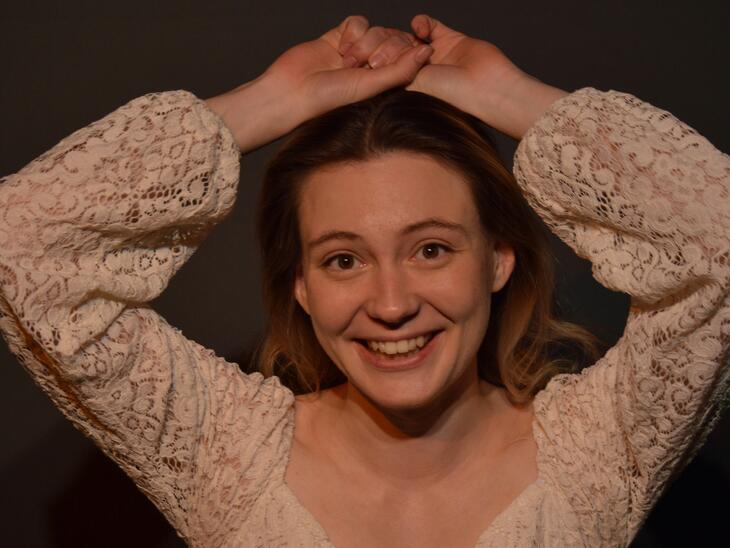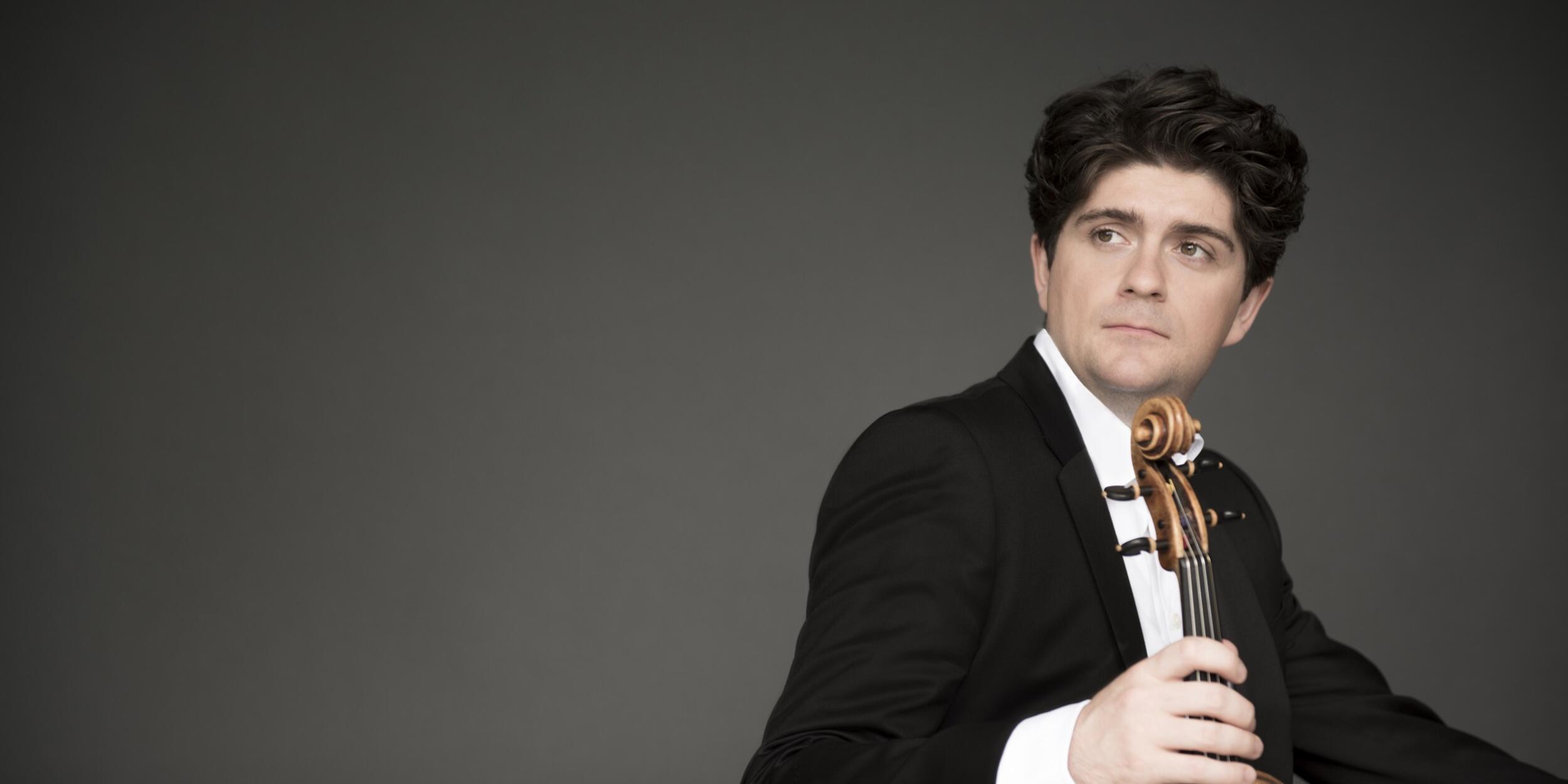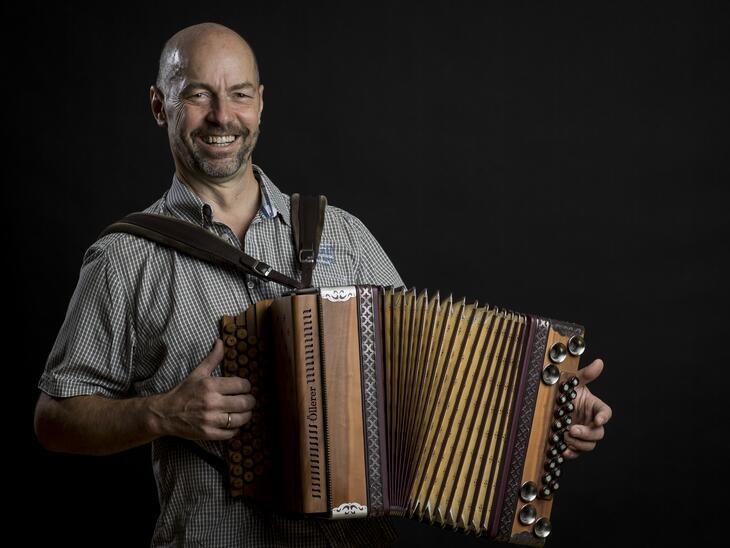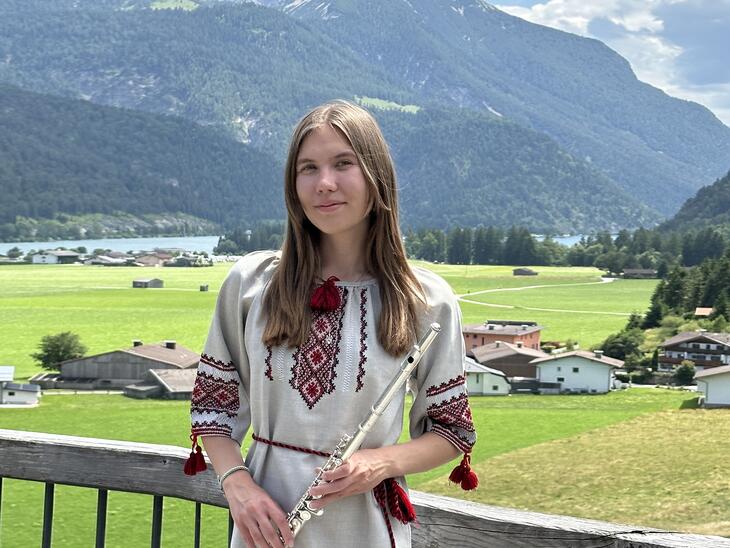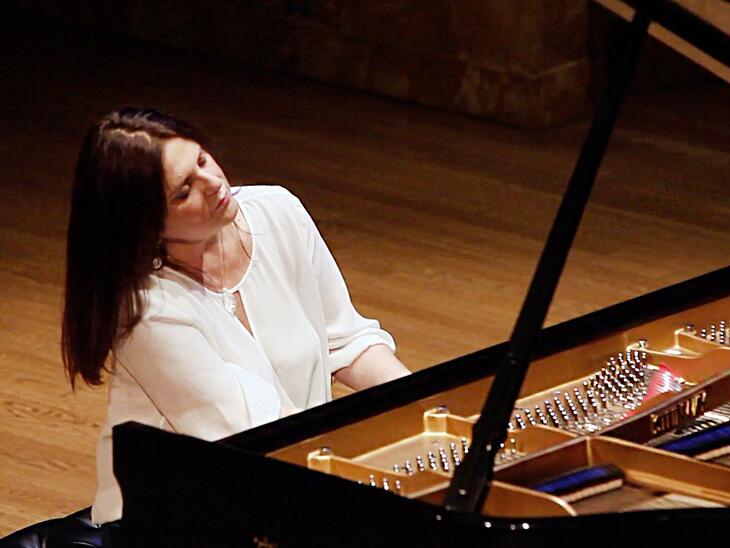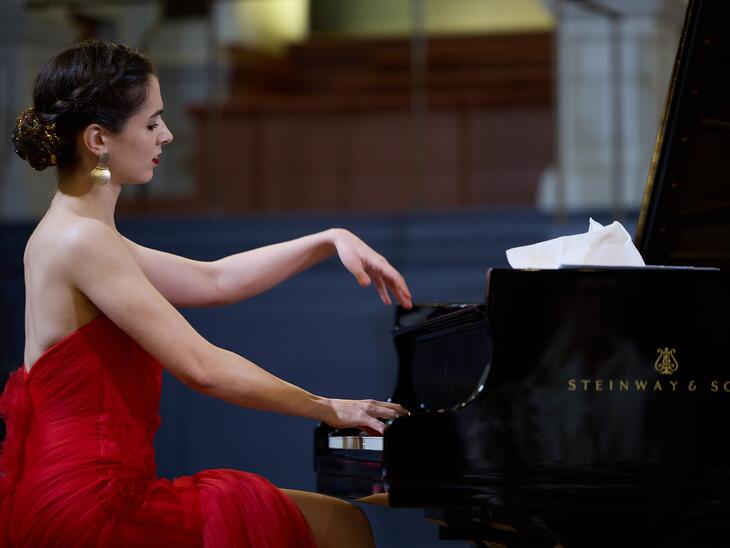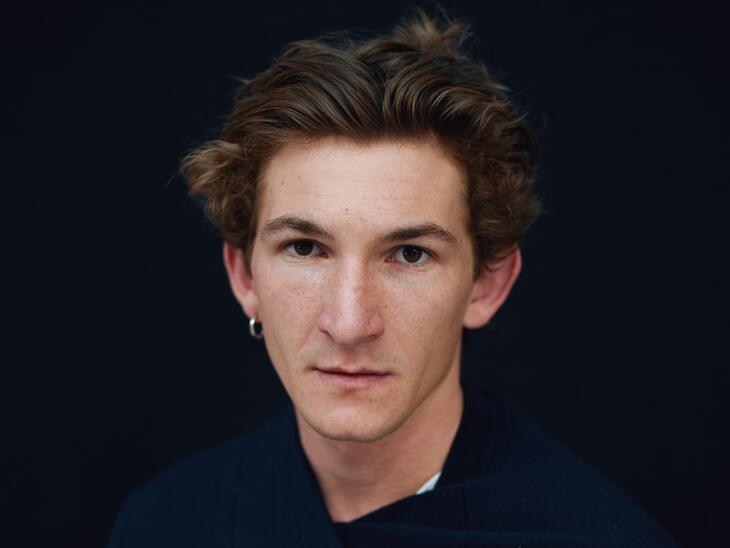How did you experience the Corona period as concertmaster of the Vienna State Opera Orchestra and the Vienna Philharmonic on the one hand and as a soloist and chamber musician on the other?
For me, I used this time very productively, learned and worked a lot. The conducting studies at the MDW in Vienna continued, albeit online. The studies are very intensive and there is always too little time anyway. The rhythm of our time is alarming. Musically, this excessive number of online videos was quite bad. There have also been cases of open appeals and complaints from some musicians who make big sales a year, which is disrespectful to those who are doing really badly. This has already been a negative impact, apart from the financial aspect, which has affected everyone who is self-employed. We are, of course, in a privileged country and what is happening right now in America with orchestras and concert halls will probably not happen here. Before the Vienna State Opera closes, many others will close. Although many things have been postponed and canceled. We will see how it goes on in Salzburg and how it will be with the tickets sold.
You are also active in chamber music. Were there many cancellations?
Thank God most of it was postponed and not canceled. The cancellations are more due to scheduling problems that come about now because of the postponements.
Is there any specific framework that you need now? Is there an appeal you would like to give us?
As mentioned at the beginning, you really have to be careful with the free videos and streaming. The audience doesn't necessarily respond to it the right way. A lot of them think it's great, but they just stick with that first impression and forget what the current, bitter reality of the art scene is. The musicians are at home doing house concerts or livestreams now anyway, so why even donate to it or risk going back to the concert hall later? It is of course impressive what is possible with technology and online. As a stopgap measure it works, but I would hope that the audience will not adapt to it in the long run. It's all about atmosphere and emotion in a concert, and you can't reproduce that even with the best technical capabilities.
Young artists are now finding it particularly difficult to gain a foothold in the professional world. Do you have any tips for young artists on how to proceed so that a planned career as an artist becomes reality?
It has to be clear to everyone what he or she is aiming for and within a realistic framework. It's probably important that this happens as early as possible. There are a lot of very good young people. Sometimes very good older musicians are overtaken by younger ones who are just clearer in their planning. For me, being a concertmaster has been a good fit. I enjoy playing in the orchestra, chamber music and also solo. I enjoy working with other musicians. Some responsibility is nice, though; I'm comfortable with it. But of course these auditions are like playing the lottery. Once it works out, but you never know beforehand. You also need luck. The competition is enormous these days. Especially now in the Corona era, you can see how hard it can be if you don't have a permanent job. I always knew that just being self-employed was not for me. I also want time and security for my family. The independence you imagine as a great soloist isn't always there. I have trained solo, but I always knew that I wanted security. Everyone has to come to that on their own. The university teaches us the basics. But it doesn't teach us what real life is like. You have to figure out for yourself how to build your life and what is realistic and what is not. There are also unspoken deadlines for both competitions and auditions. In my case, it wasn't entirely clear where I was going for a long time either. I went from Salzburg to Vienna to study conducting, but not to become a conductor, but as an artistic complement for me. The subjects are completely different, there are many things you don't learn in instrumental studies. My current position stems from both: the earlier instrumental solo studies and the process of studying conducting. You have to figure out early enough what is realistic and set goals and follow them.
Is there anything else you would like to leave us with? It would be nice if politics would also think about art. It's actually unbelievable: We play in an empty Musikverein with 100 people sitting at a great distance from each other. But there are planes flying, with people sitting next to each other in seats from A to F. I think everyone is happy. I think everyone is happy that things are moving, but it's a pity that there is still far too little attention paid to culture and clear guidelines are not always made. However, we are still very privileged compared to other countries, like America or the UK.
Would more open-air concerts be a possibility?
Definitely, if it is safer from a health point of view! The summer night concert in September is planned. We will see. The orchestra is also tested regularly for Covid-19 at the beginning of each project. This, of course, gives some security because we can't keep the minimum distance. It is very good that this is possible. Let's hope that all this will not take too long.
Then we look forward to seeing you and the Vienna Philharmonic in the two operas "Cosi fan tutte" and "Elektra" and the concerts with Andris Nelsons at the Salzburg Festival in 2020!
I am delighted, because I always enjoy being in Salzburg and have very fond memories of my student days.
